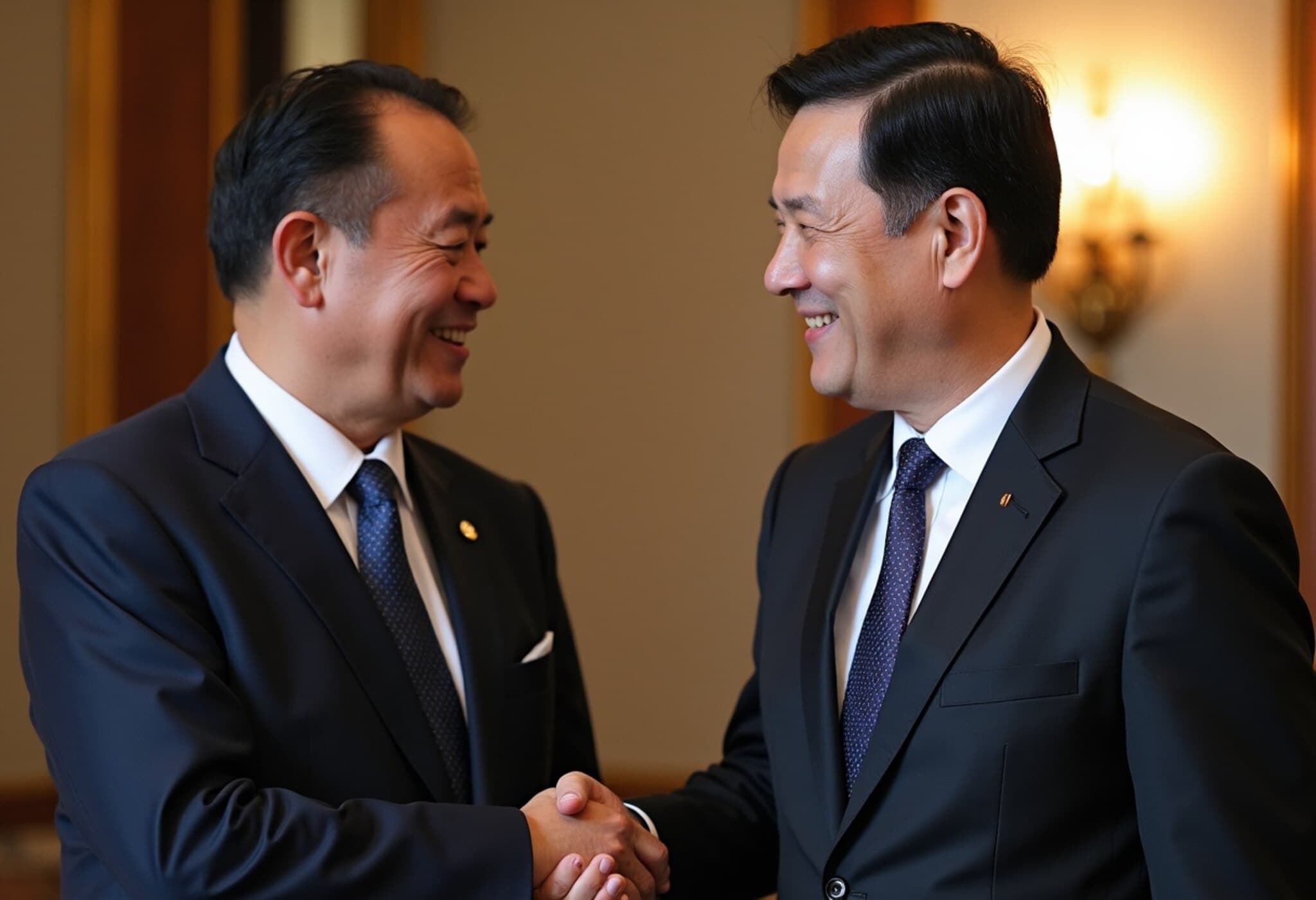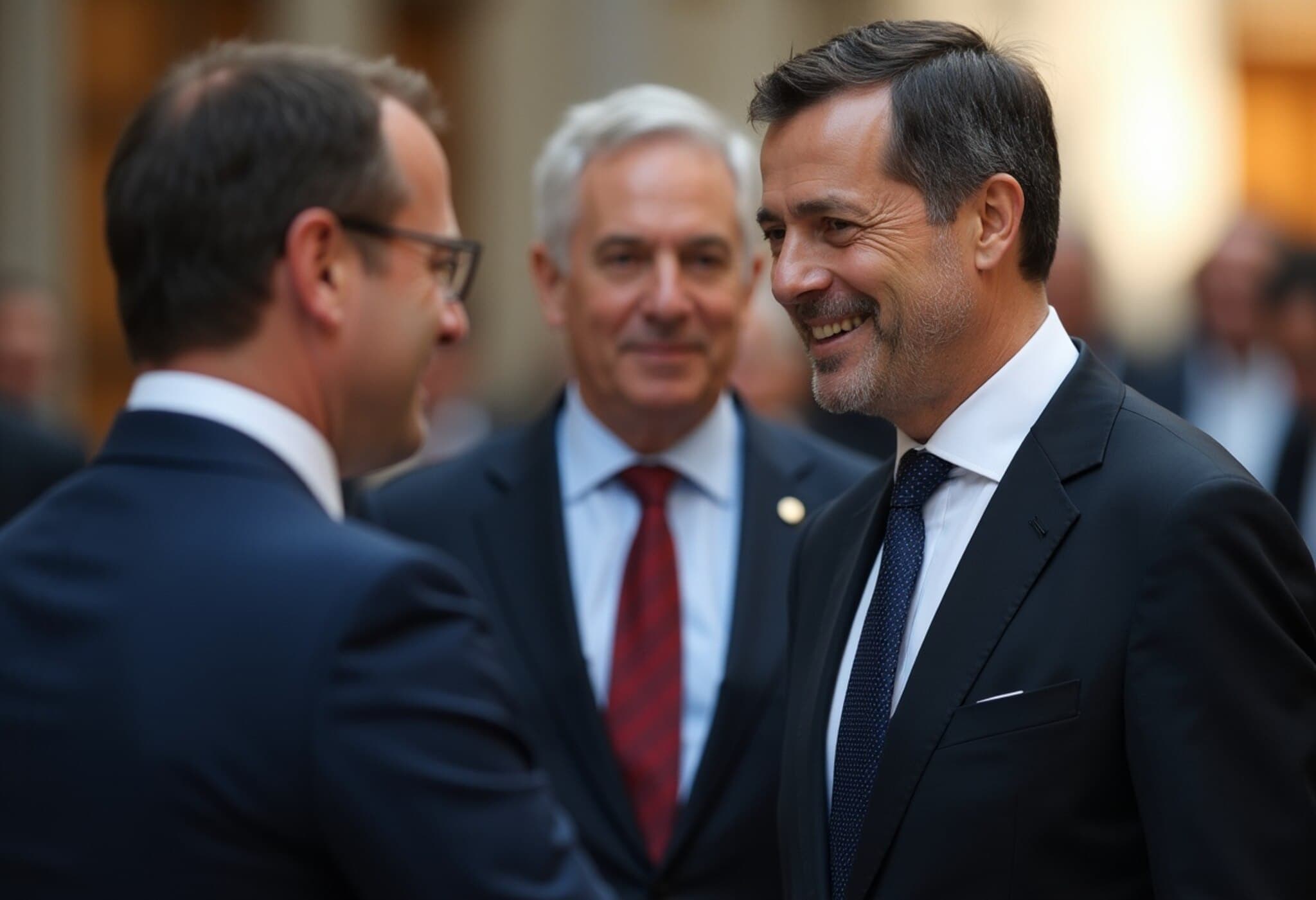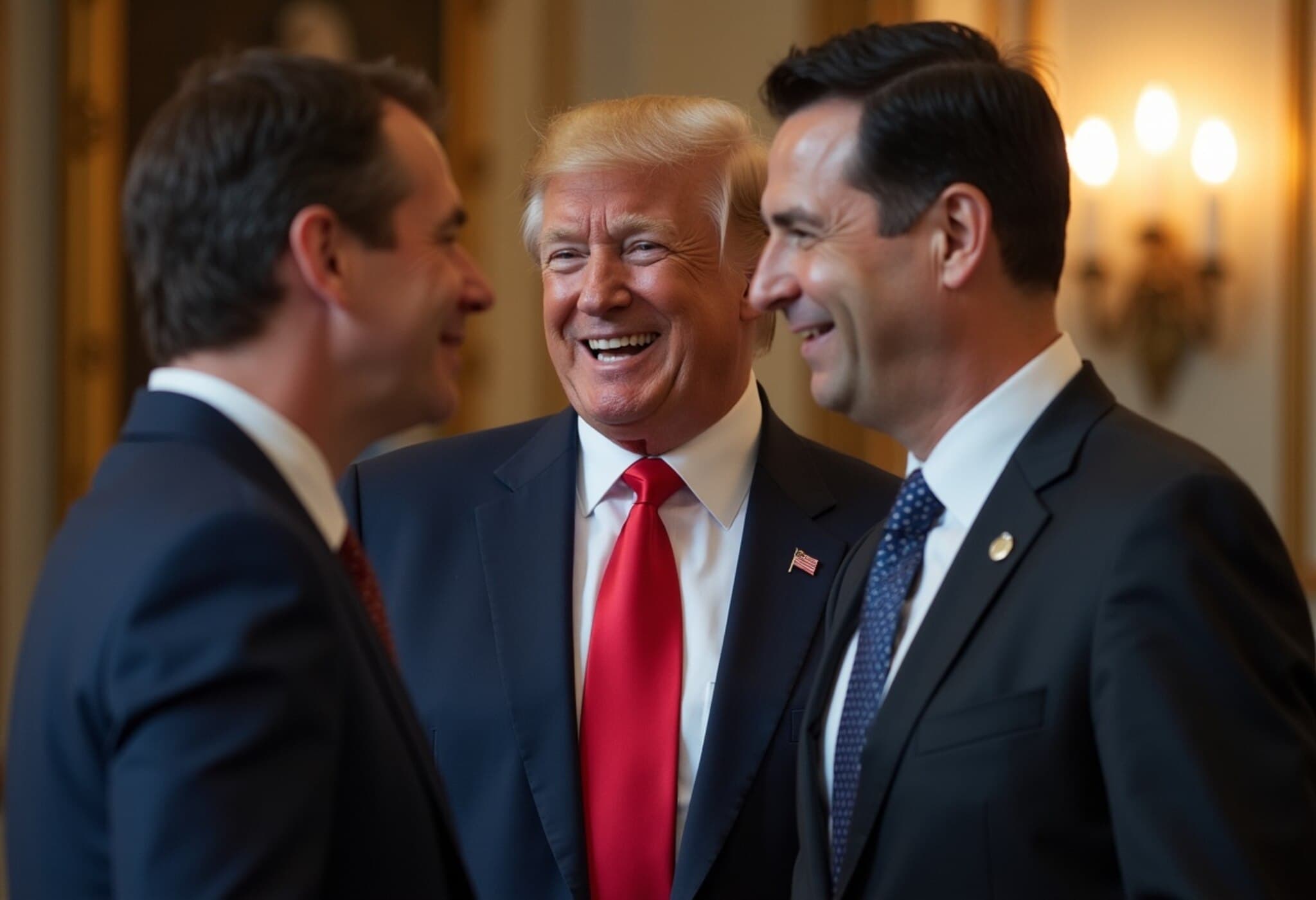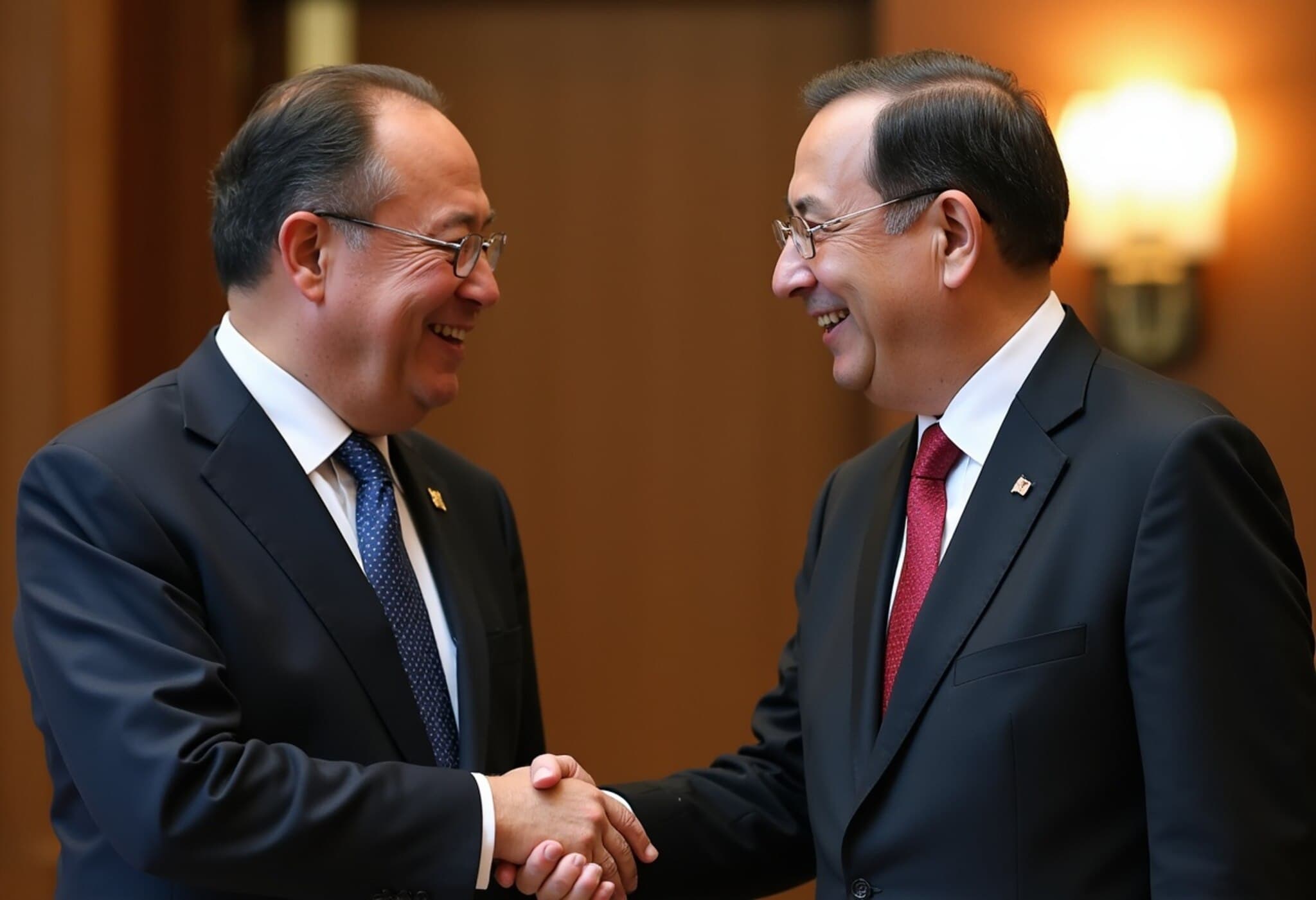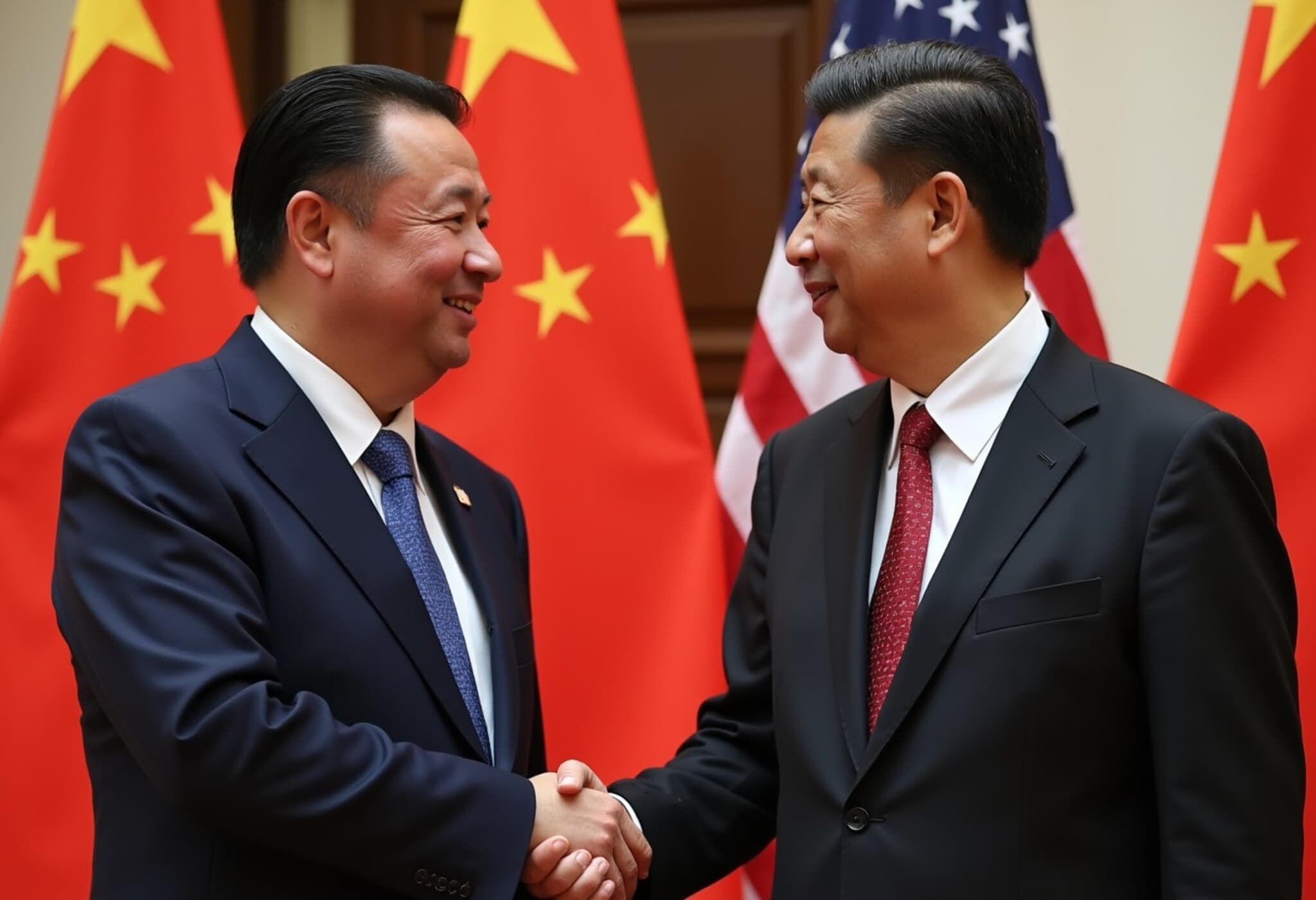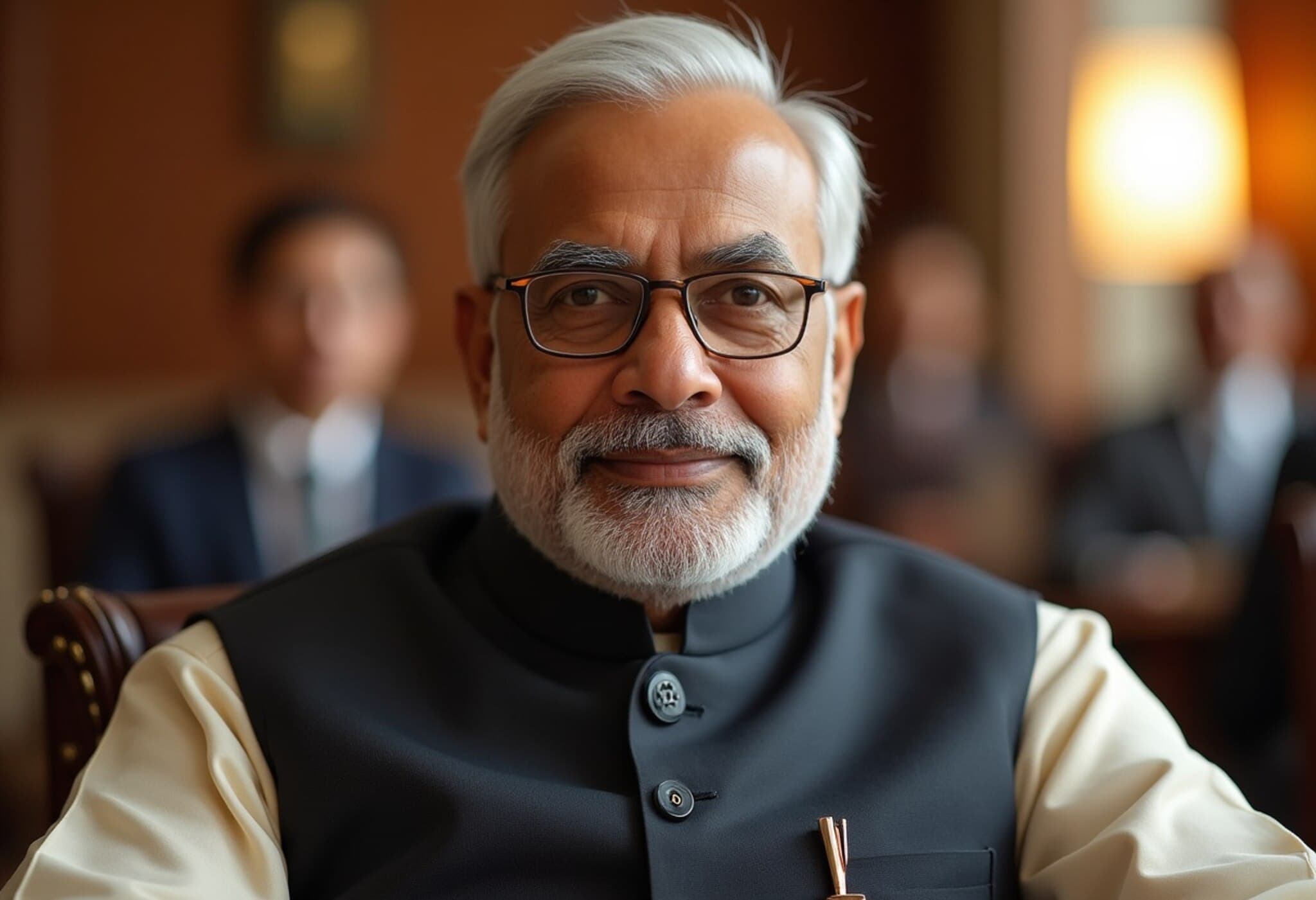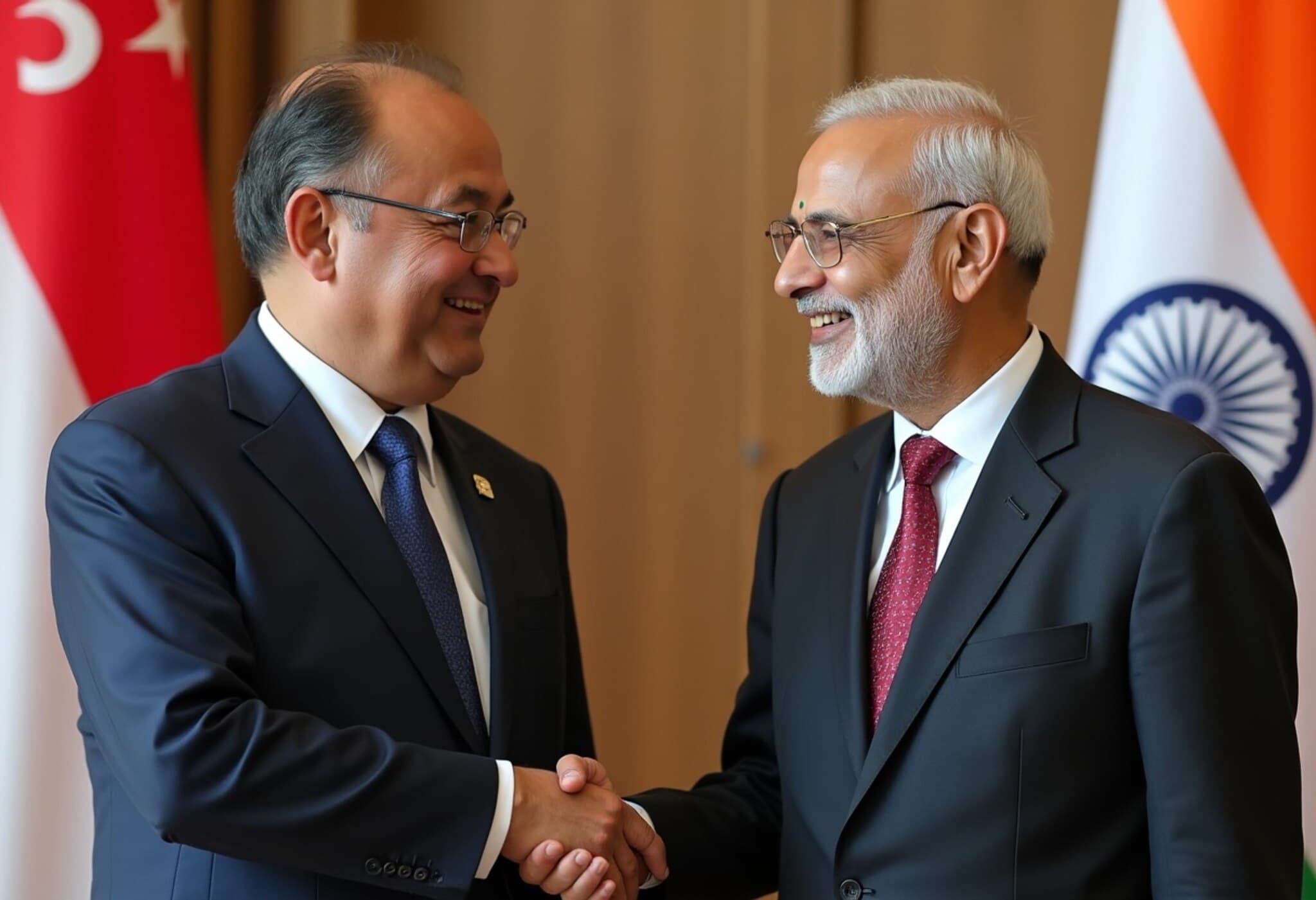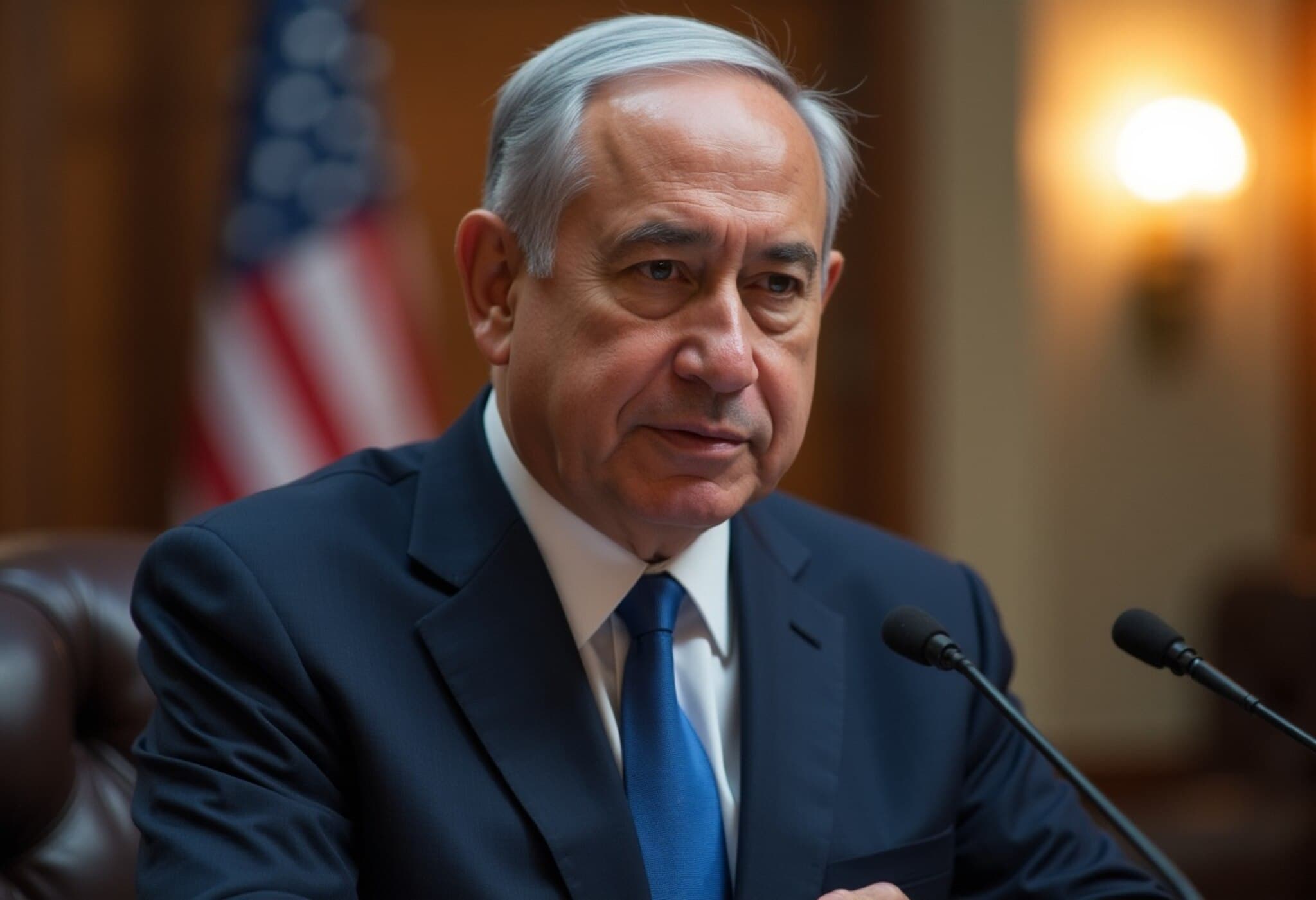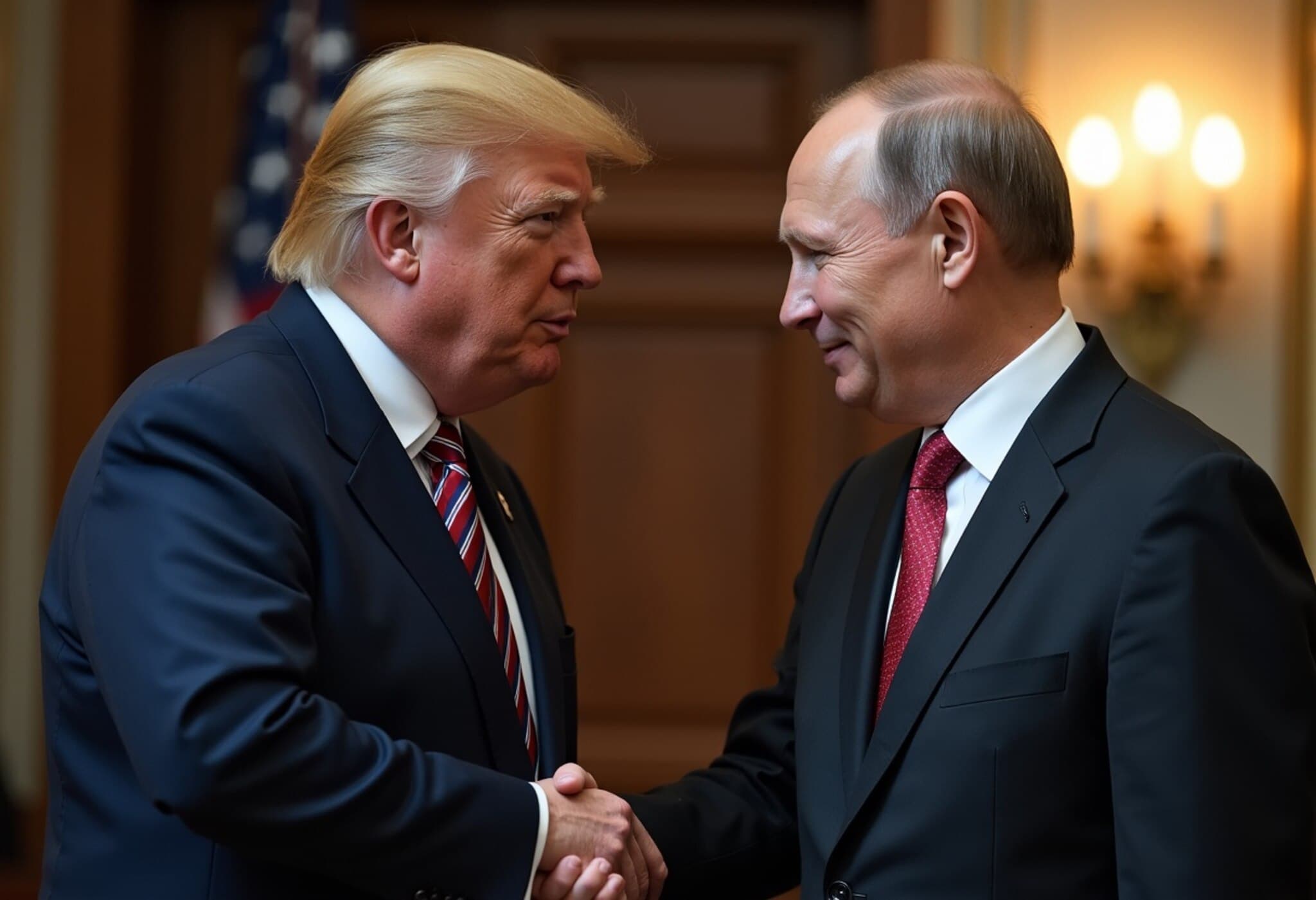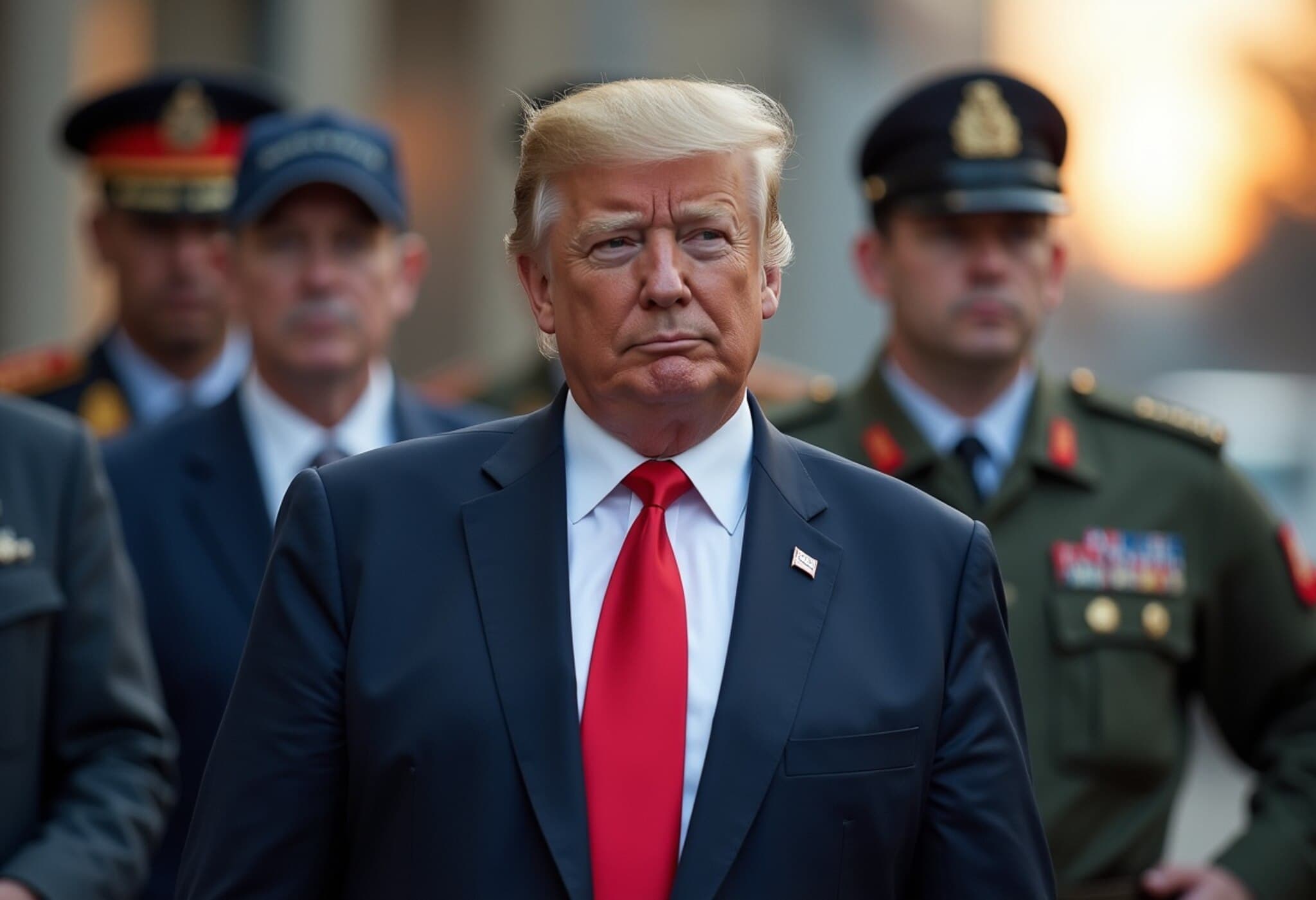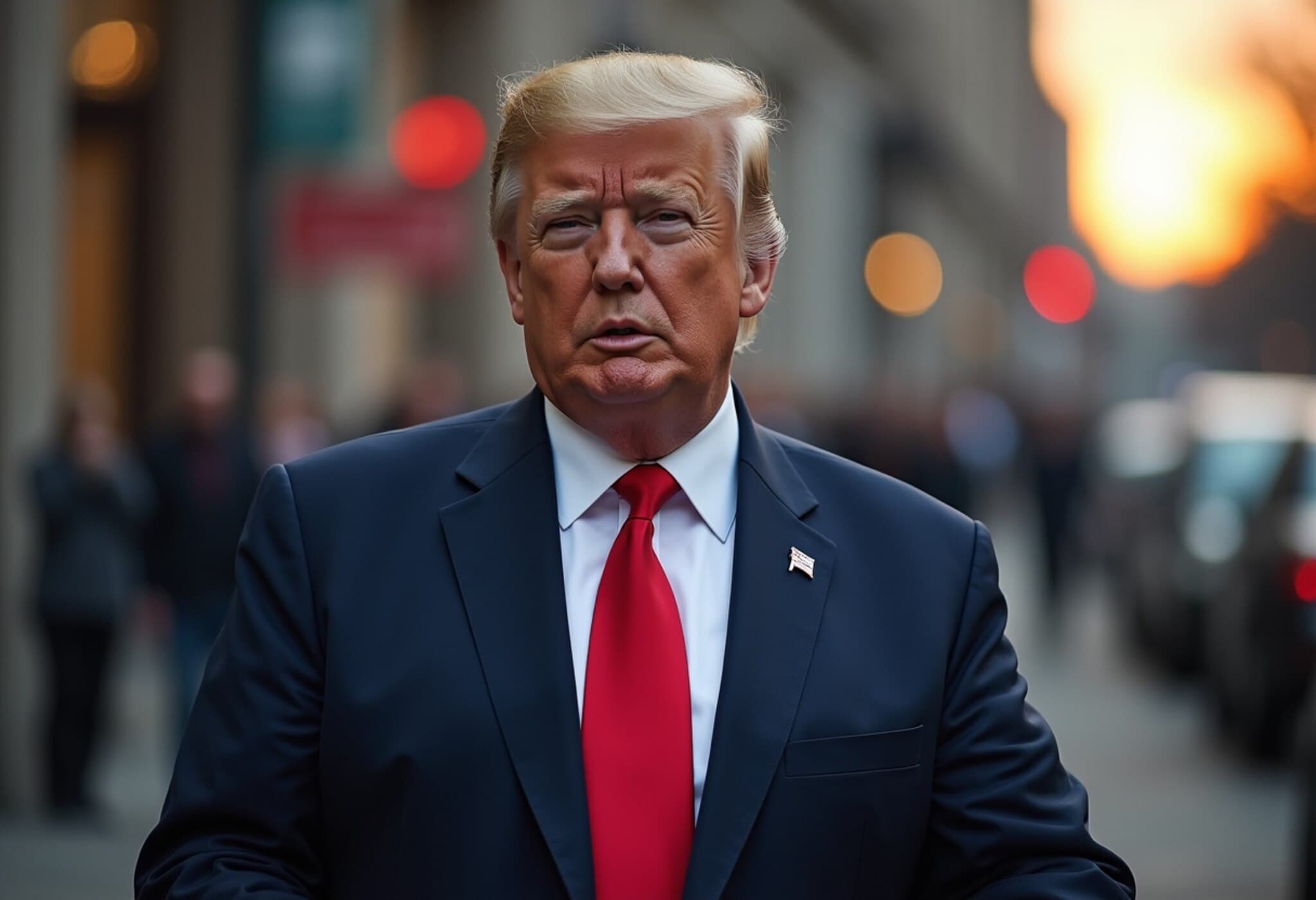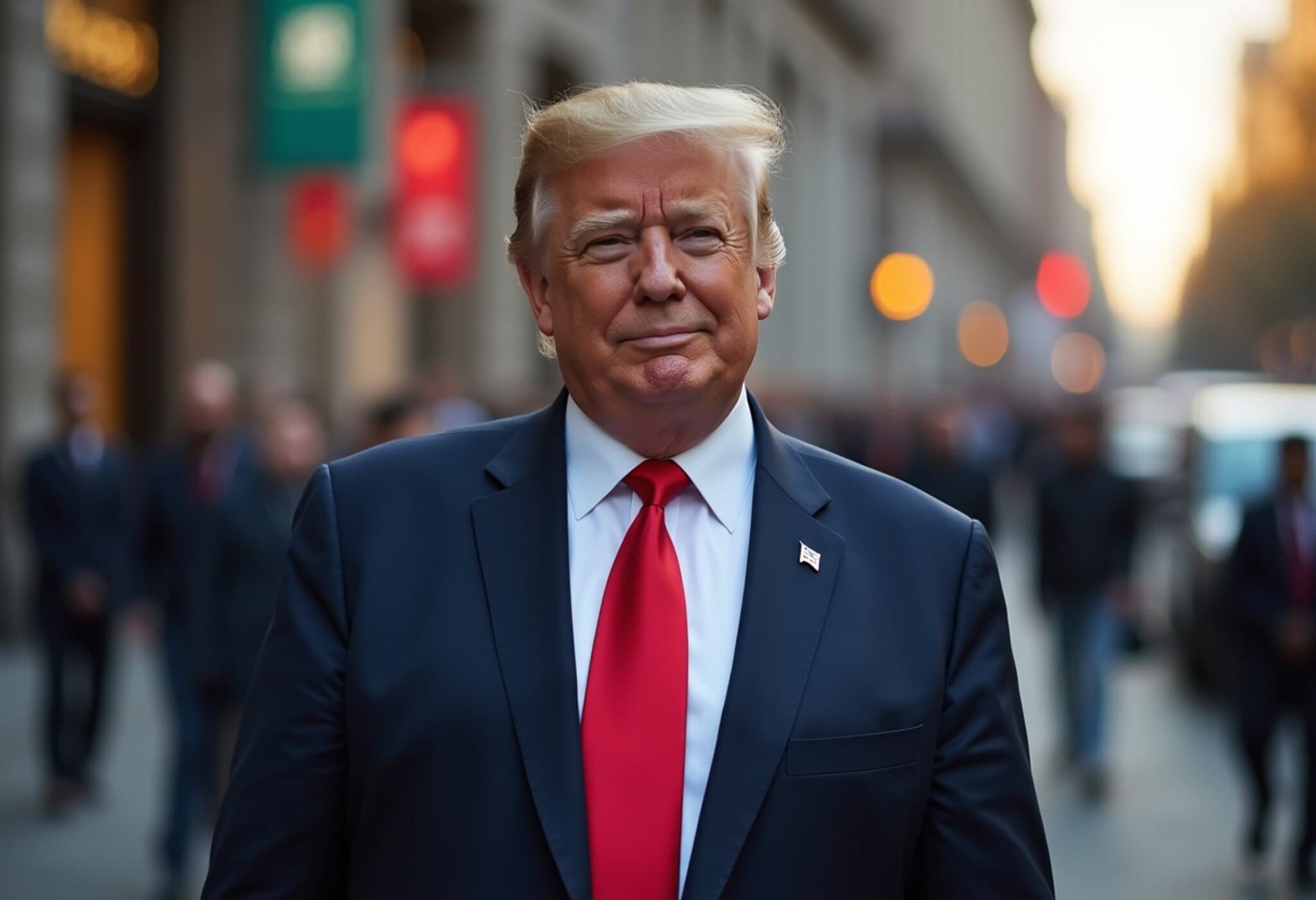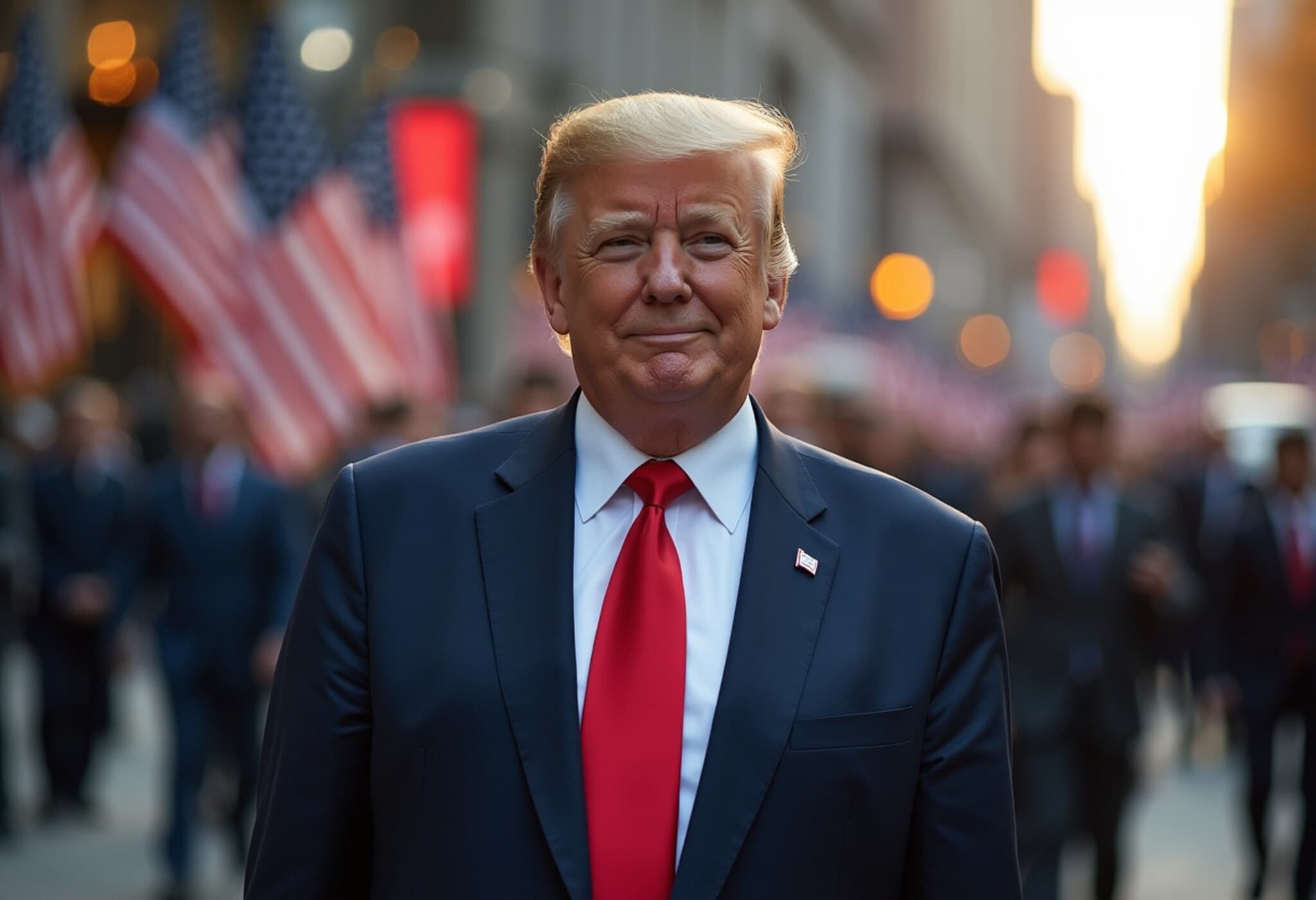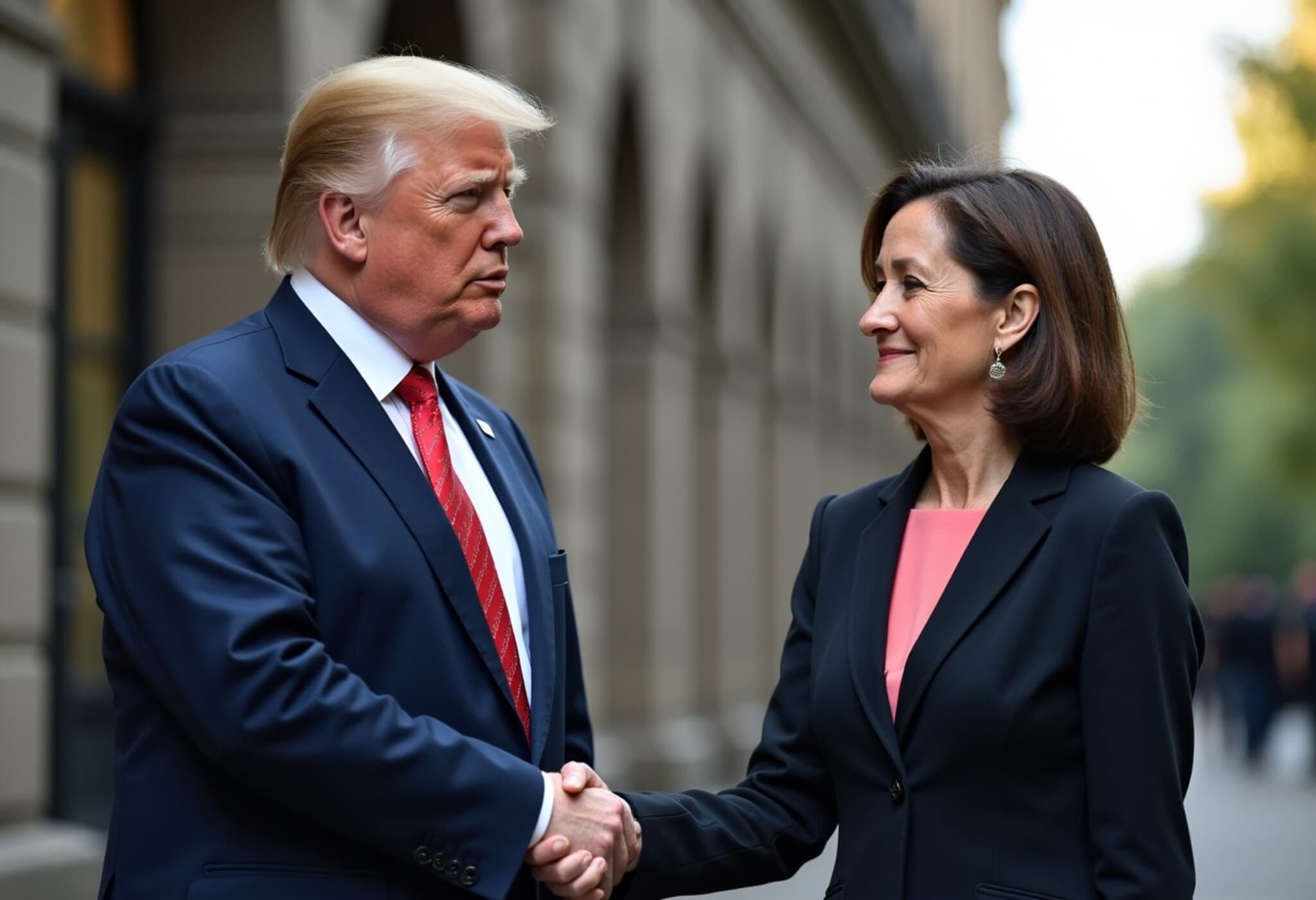US Steps In to Ease Cambodia-Thailand Tensions
On Sunday, US Secretary of State Marco Rubio initiated direct communication with the foreign ministers of Cambodia and Thailand, calling for an immediate reduction in rising tensions between the two neighboring Southeast Asian countries. Recognizing the delicate situation, the US extended a hand of support, offering to facilitate dialogue aimed at securing lasting peace and stability.
Diplomatic Engagement at a Critical Juncture
According to an official statement from the US State Department, Rubio’s conversations with Thailand’s Foreign Minister Maris Sangiampongsa and Cambodia’s Foreign Minister Prak Sokhonn emphasized the urgency of calming the situation. “The United States is prepared to facilitate future discussions in order to ensure peace and stability between Thailand and Cambodia,” the statement said, underscoring America's commitment to proactive diplomacy.
Context Behind the Tensions
Historically, Cambodia and Thailand have experienced periodic border disputes and political disagreements, some traceable back decades. These frictions occasionally flare up, risking escalation that could destabilize the broader region. In an era where Southeast Asia is geopolitically significant—being a crossroads for major global trade routes and spheres of influence from powers like China and the US—any conflict between member states of ASEAN can have ripple effects beyond their borders.
Why US Involvement Matters
- Regional Stability: The US has strategic interests in maintaining peace in Southeast Asia, a vital economic and political region.
- Diplomatic Neutrality: Positioned as an external mediator, the US can help bridge gaps without the biases that regional actors might carry.
- Prevention of Escalation: Early diplomatic intervention can prevent conflicts from spiraling into military confrontations.
Expert Insight
Dr. Linda Chen, a Southeast Asia policy analyst based in Washington D.C., remarks, "The tensions between Cambodia and Thailand serve as a reminder of unresolved historical issues that risk undermining ASEAN cohesion. The US outreach is a positive step, signaling to both nations that international observers are closely watching and encouraging peaceful resolutions."
Looking Forward: Challenges and Opportunities
While the offer for talks is promising, actual de-escalation depends heavily on political will from both countries. Domestic pressures, nationalist sentiments, and economic considerations may challenge the path to dialogue. Moreover, with other global powers observing the region’s dynamics, Cambodia and Thailand’s diplomatic choices could influence broader geopolitical alignments.
Editor's Note
The United States’ proactive stance underscores the importance of early diplomatic engagement in preventing bilateral tensions from escalating into broader conflicts. However, for true peace and stability to take root, both Cambodia and Thailand will need to navigate their historical grievances and contemporary challenges with a commitment to constructive dialogue. Observers should watch how ASEAN frameworks might aid in sustaining these mediation efforts alongside US facilitation.

